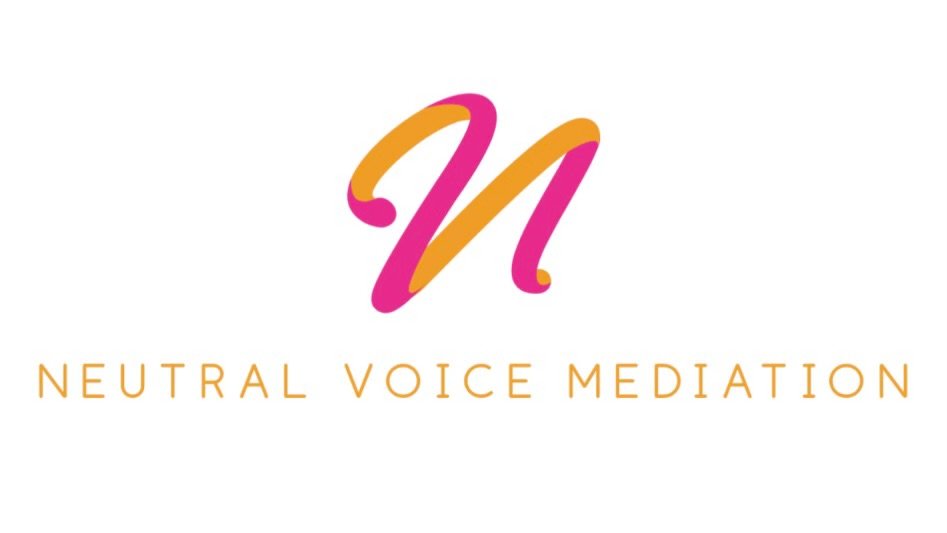The Case for Mediated Prenuptials: A Modern Approach Rooted in Love and Collaboration
When most people hear the word "prenuptial," it often conjures up images of tense negotiations, hurt feelings, and a sense of mistrust. Traditionally, prenuptial agreements have been viewed as one-sided documents where one partner’s lawyer drafts the terms, and the other partner is left to review, make edits, and send it back, beginning a cold and impersonal back-and-forth process. This can stretch on for weeks or even months, turning what should be a collaborative partnership into a stressful, contentious affair.
But it doesn’t have to be that way. Mediated prenuptials offer a fresh, more compassionate approach that is designed to bring couples closer together rather than driving them apart.
The Problems with Traditional Prenups
Historically, the process of creating a prenuptial agreement has been isolating and adversarial. One partner, often the one with more assets, approaches their spouse-to-be with a document that is, at best, unfamiliar and, at worst, a source of hurt and suspicion. The back-and-forth between lawyers becomes an exercise in protecting individual interests, with little room for open communication or mutual understanding. This process can not only strain a couple’s relationship but also leaves them feeling disconnected at a time when they should be focused on building a future together.
How Mediated Prenuptials Are Different
Mediated prenuptials turn this traditional process on its head. Instead of each partner sitting alone with their lawyer, couples come together with a neutral mediator to discuss their needs, concerns, and goals openly. This process is not about winning or losing—it’s about creating an agreement that reflects the values and priorities of both parties.
The mediator’s role is to facilitate a respectful and constructive conversation, helping the couple to explore their options and reach decisions that work for them both. This collaborative approach fosters trust and improves communication, setting a positive tone for the marriage ahead. Couples leave the mediation not only with a prenuptial agreement but also with a deeper understanding of each other’s financial landscape and a shared commitment to their future.
Building Trust and Saving Money
One of the significant advantages of mediated prenuptials is the way they build trust. By sitting down together and having open, honest discussions, couples learn to communicate better and resolve issues collaboratively—skills that are essential for a successful marriage. Instead of feeling like they’re on opposing sides, both partners are involved in the decision-making process, which can strengthen their bond.
Financially, mediation is also a smart choice. The traditional lawyer-led prenuptial process can be costly, with fees quickly adding up as the document is revised and reworked. In contrast, mediation is typically more affordable because it’s streamlined and focused on collaboration rather than conflict. By working together from the outset, couples can avoid the drawn-out negotiations that drive up costs and create unnecessary tension.
Preparing for Your Mediation Session
To make the most of a mediated prenuptial session, it’s essential to come prepared. Couples should bring all the necessary financial documentation, including:
- W2s and paystubs
- A detailed list of debts and liabilities
- A list of assets, including recent statements
- Information regarding retirement accounts
- Life insurance policies
- Personal income tax returns
Having these documents on hand ensures that both parties have full disclosure and a clear understanding of each other’s financial situation. This transparency is key to creating a fair and equitable prenuptial agreement that both partners can feel confident about.
Conclusion
A prenuptial agreement doesn’t have to be a source of anxiety or conflict. By choosing mediation, couples can create a prenuptial agreement that is not only fair but also rooted in love, trust, and mutual respect. Mediated prenuptials are a modern, compassionate choice that helps couples build a strong foundation for their marriage—together.

